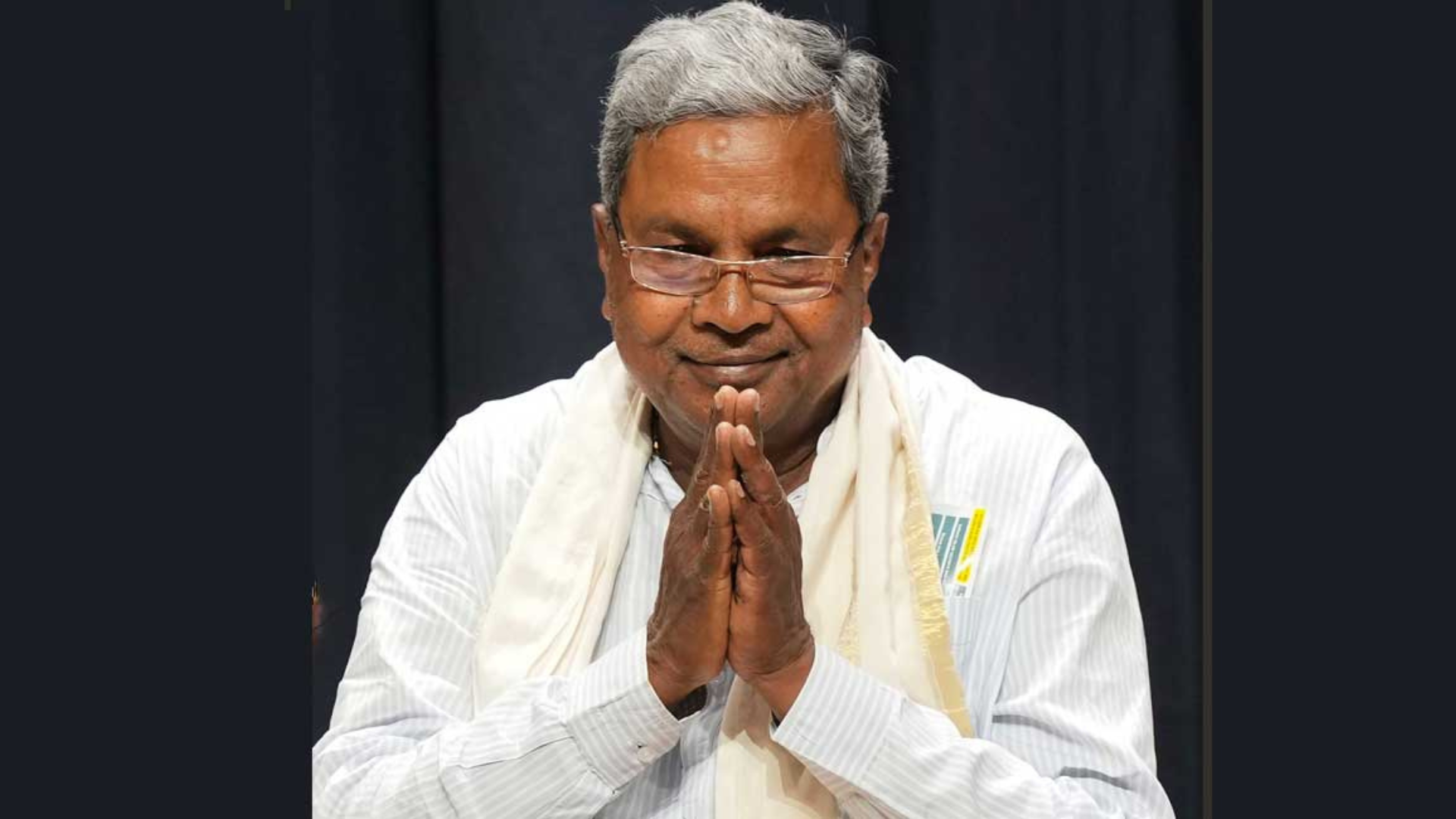Karnataka’s Chief Minister Siddaramaiah has unveiled the state’s financial plan for the fiscal year 2024-25, laying out a budget of Rs 3.71 lakh crore. Despite facing challenges from external factors, the Chief Minister expressed optimism, highlighting the state’s projected economic growth rate of 6.6% for the upcoming fiscal year.
In his 15th budget address, CM Siddaramaiah emphasized his administration’s commitment to addressing various issues faced by Karnataka, including traffic congestion and water scarcity, while stressing the importance of inclusive development. The budget outlines a comprehensive roadmap for economic growth, infrastructure development, social welfare, and the promotion of emerging sectors.
One notable initiative highlighted in the budget is the allocation of Rs 5,550 crore for the implementation of the Cauvery Phase-5 project, aimed at providing drinking water to the populace. The Bengaluru Water Supply and Sewerage Board is expected to activate the project in May 2024, with a capacity to supply 110 litres of drinking water daily to 12 lakh people.
Furthermore, the budget earmarks funds for infrastructure projects aimed at improving traffic management in Bengaluru. A collaboration with the Japanese government will see the implementation of an Area Traffic Signal Control System at key intersections, aimed at reducing congestion and average delays.
Additionally, the Chief Minister announced an allocation of Rs 15,611 crore for the Namma Metro Phase-3 project, intended to enhance public transportation in Bengaluru. Plans also include the incorporation of new electric and diesel buses into the Bengaluru Metropolitan Transport Corporation’s fleet.
Moreover, infrastructure projects such as the Skydeck and Namma Metro expansion are receiving significant attention. Renowned architects have been invited to design a distinctive skydeck in Bengaluru, while an additional 44 km of metro lines are slated to be added by March 2025.
In terms of road infrastructure, the budget outlines plans for the construction of all-weather roads and the initiation of the Peripheral Ring Road (PRR) project, estimated at Rs 27,000 crore. The government aims to utilize the canal buffer zone for road construction and has already begun work on a 100 km road with an additional 100 km slated for construction.
Furthermore, CM Siddaramaiah’s administration is focused on the development of pilgrimage destinations, with allocations made for various religious communities. Plans include the construction of the Mangaluru Haj Bhavan and improvements to pilgrimage sites for the Christian and Jain communities.
The budget also emphasizes educational initiatives, with plans to establish residential schools and hostels for minority students. Additionally, healthcare infrastructure is set to receive a boost with the construction of new taluk hospitals across the state.
CM Siddaramaiah’s vision for Bengaluru includes attracting international expertise in sectors such as AI, semiconductors, and automobiles, aiming to transform the city into a global hub. The government also plans to expand the Anganwadi system and provide financial support to women through schemes such as Gruha Lakshmi.
However, Siddaramaiah criticized the Central Government’s implementation of the Goods and Services Tax (GST), alleging a revenue shortfall and insufficient compensation to the state. Despite this, the Chief Minister remains committed to inclusive growth and welfare-oriented policies, aiming to support farmers, women, youth, and marginalized sections of society.
In conclusion, Karnataka’s budget for the fiscal year 2024-25 reflects the state government’s commitment to addressing various challenges while promoting economic growth and social welfare. With a focus on infrastructure development, public transportation, and inclusive initiatives, the budget aims to pave the way for a more prosperous and equitable Karnataka.




















